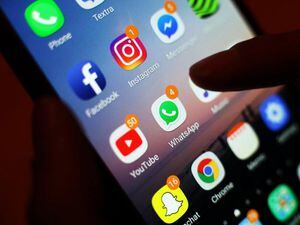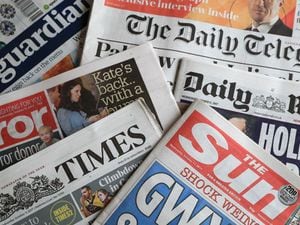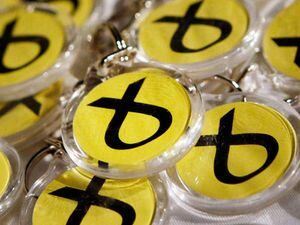NHS medics reveal impact of Covid-19 misinformation from social media
Tech giants were also summoned to answer questions from MPs once again amid concerns about the spread of false information online.

NHS medical staff have revealed how coronavirus misinformation is having a direct impact on their work and called on tech giants to do more to tackle the issue.
Thomas Knowles, advanced paramedic practitioner for NHS 111 said he had dealt with “multiple calls per day” involving false information around the disease, with people questioning treatments such as alternative remedies.
MPs on the DCMS committee were also told of a dangerous WhatsApp message which warned people they would die if they go to hospital for treatment.
“One of our members, for example, has direct experience of one of the Asian and Pakistani community up in the northwest where, via WhatsApp, is a lot of circulation of information suggesting that if you go to hospital doctors won’t look after you and in fact what they’ll do is, kind of, effectively, kill you, they will give you an injection, make you comfortable and leave you to die,” explained Dr Megan Emma Smith, consultant anaesthetist and member of EveryDoctor campaigning organisation.
Mr Knowles said that the “vast majority of the public do have a significant element of trust in the NHS” but warned that it has been “eroded” by a small minority peddling fake news.
A registered nurse with thousands of followers has also been using the pandemic to make money, he added.
Google, YouTube, Facebook and Twitter were recalled to face a fresh grilling from MPs, after the DCMS committee were dissatisfied with some of their responses to an evidence session in April.
Leslie Miller, YouTube’s vice president of government affairs and public policy, attempted to defend its algorithms and homepage recommendations, in face of questions from guest Yvette Cooper – who chairs the home affairs committee – about conspiracy theories.
Monika Bickert, Facebook’s head of product policy and counterterrorism, said millions of its users had seen official health information it had been promoting from official sources such as the NHS.
Meanwhile, Twitter director of public policy strategy Nick Pickles was asked about the social network’s recent action against Donald Trump’s tweets.
Pressed on whether they would consider banning the US president, he said: “Every Twitter account is subject to Twitter rules.”





